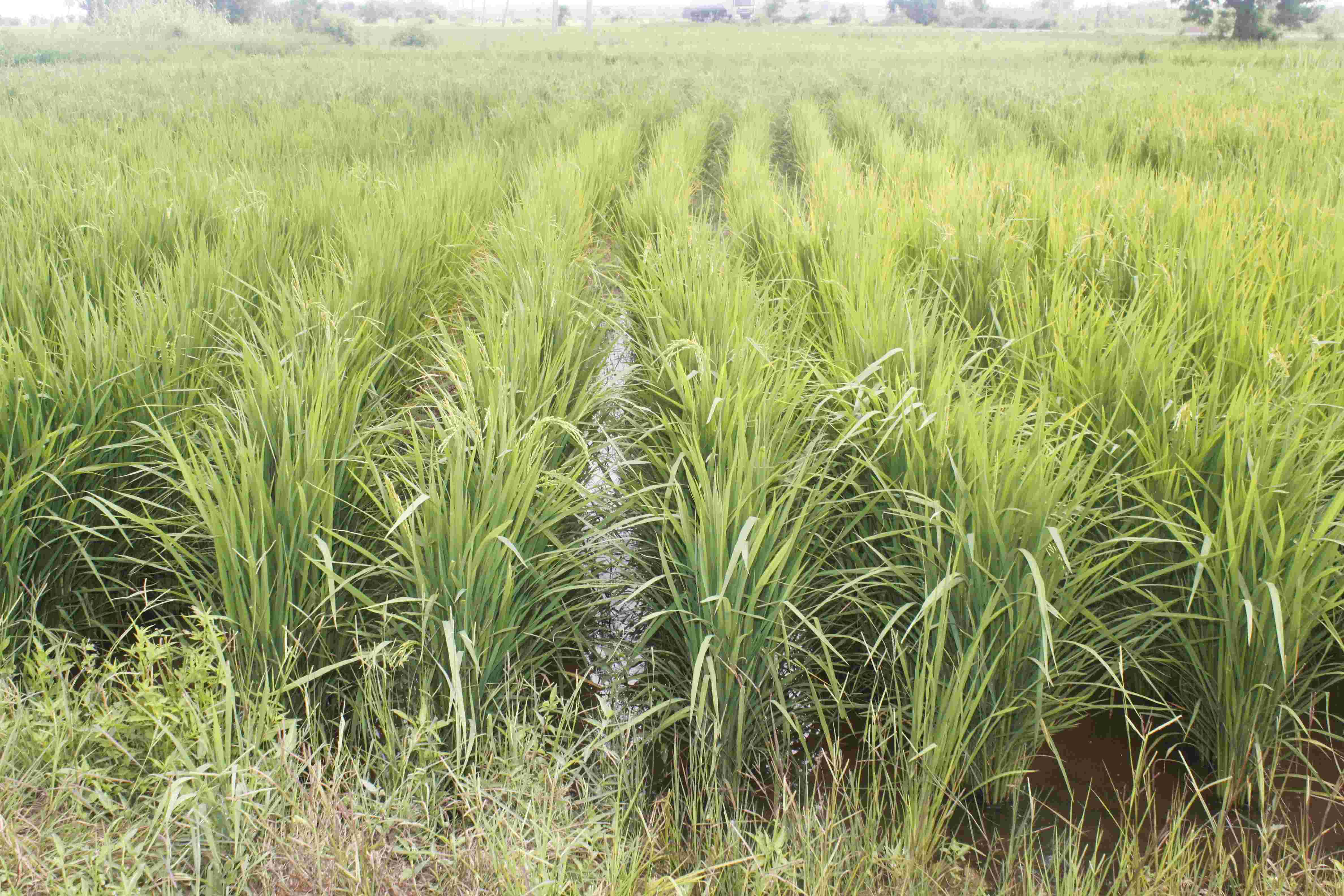
The double burden of undernutrition and undernourishment is prevalent in most Nigerian states due to food and nutrition insecurity, un- and under-employment, and inefficient market systems that lead to food losses. Farm diversification and efficient market access systems of the diversified farm produce will increase the food and nutrition security in the target communities, and provide economic opportunities for youth and women if implemented and sustained through efficient management systems.
This research activity aims to introduce a process of farmer-managed farm diversification and intensification in two Nigerian states (Kebbi and Ebonyi), using integrated rice-fish farming approach. The objectives of the research are to consider the technologies that are accessible to local farmers and analyze how integrated agriculture-aquaculture (IAA) systems influence the safety nets, diet diversity, livelihood options, rural employment (especially for youth and women), use of resources, and role of institutional and policy innovations. It will also involve a business/entrepreneurship study for facilitating market access of farmers’ products through the value chain systems, and sustainability and long-term support of capacity development of farmers, extension workers, university students, and value chain actors. A minimum of 200 farmers and 30 extension workers spread across two Nigerian states (Kebbi and Ebonyi) will benefit and be trained through the farm diversification process, with 40% of the farmers being women and youth.
The research involves quantitative and qualitative data collection, stratified to represent statistically representative samples from multiple levels of rice-fish intensification adoption, market access evaluation, and gender roles. The expected major outcomes and outputs of the activity include
- Piloting evidence-based and locally adaptable cost-effective integrated rice-fish system in target communities
- Establishment of functional Innovation Platform on Integrated Agriculture-Aquaculture systems
- Enhanced entrepreneurship skills of farmers, especially youth and women
- Identification of end-market opportunities for IAA farm outputs
- Farmer and rural household income and employment-creation opportunities for youth and women
- Manual for small-scale rural farmers that helps in the development of an investment and business plan
- Investigation of alternative feed ingredients that are applicable in rice-fish farming
- Strengthened partnership between scientists and the development communities for improving food production, nutrition education, and capacity development, among others.
At the end of the activity, the impact will be measured by the number of farmers that implemented improved methods of production using integrated aquaculture with rice production developed in the research areas and reported contribution of the farm diversification to their farm productivity, income, and household/community food and nutrition status. The impact of the activity will also be measured by the number of end-market opportunities developed for the farmers, number of farmers that benefitted from the entrepreneurship or business management program component, the number of women and youth who benefitted, and the number of farmers, farmer groups, extension workers, students, scientists, and value chain actors who were trained and benefitted from the capacity enhancement component.
The activity is expected to benefit direct participating farmers, neighboring farmers, farmer groups, value chain actors, extension workers and university students. The IAA and the business plan models developed through this research could be scaled up and implemented in other parts of the country. The lessons learned from the activity will be useful in mainstreaming aquaculture into other applicable agriculture/horticulture production systems within and beyond target communities.
Executive Summary of Results and Findings
Final Technical Report: Aquaculture Diversification in Rural Communities in Nigeria
Learn More
Diversifying Farming Through an Integrated Agriculture-Aquaculture System
Water Management and Productivity in Integrated Agriculture-Aquaculture (Rice-Fish) Systems
Video on Sustainable Agriculture: DIY Rice and Fish Farming Tutorial
Aquaculture and Rural Communities: Farm Diversification Through Rice-Fish Farming
Tackling Hunger Through Integrated Farming
Integrated Rice-Fish Farming: Localization Through Farm Diversification
Summer Trainings Move the Needle Toward a More Sustainable Farming System for Nigeria
Integrating Aquaculture in African Rice Farms May Increase Health, Wealth
Integrated Rice-Fish Farming in Nigeria: A Resilient Approach in the Face of Climate Change
